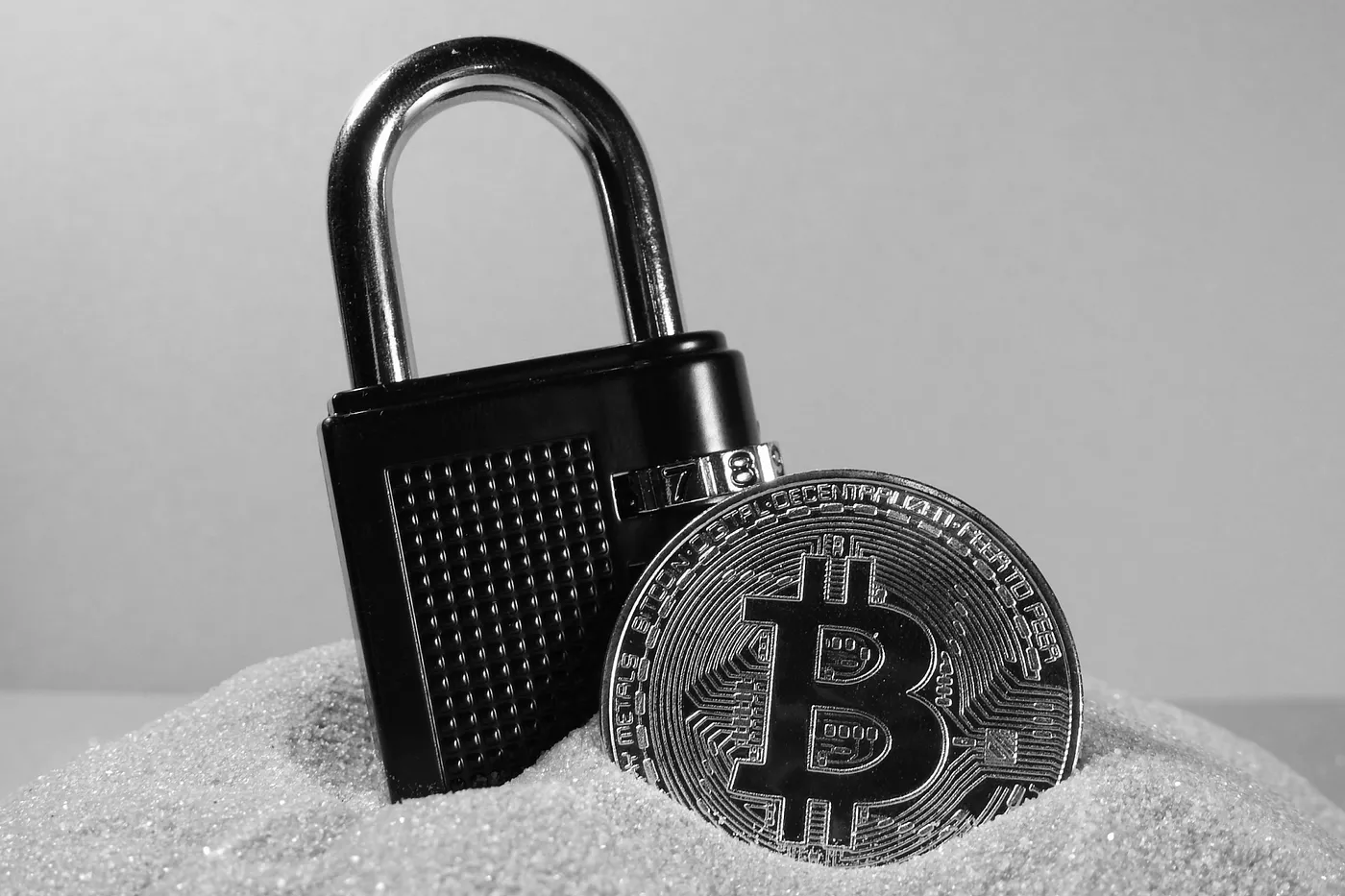Posted on March 8, 2024
Share:

After all, blockchain’s decentralized and cryptographic nature introduces a paradigm shift in how we establish and secure property, which certainly
pioneering-the-future-of-property-rights-through-blockchain
Pioneering the Future of Property Rights through Blockchain
In the era of rapid technological advancement, blockchain technology has emerged as a transformative force, promising transparency, efficiency, and security. However, as with any significant innovative change, concerns about security and the guarantee of property rights have arisen. After all, blockchain’s decentralized and cryptographic nature introduces a paradigm shift in how we establish and secure property, which certainly challenges traditional knowledge and norms.
In this context, it is relevant to understand how blockchain acts as a custodian of property rights, providing a secure and transparent framework that can redefine the essence of ownership in the digital age. Thus, by gaining a deeper understanding of this innovation, it is possible to significantly reduce concerns about blockchain security while also discovering that property rights are preserved and strengthened in the decentralized domain.

At the outset, it is essential to highlight that Blockchain technology can improve the security of property rights in several ways. Among the key aspects that contribute to the protection of property rights on the blockchain are:
Immutability: Blockchain is based on a decentralized, distributed ledger that records transactions across a network of computers. Once a block of transactions is added to the blockchain, it is difficult to alter or tamper with previous blocks due to cryptographic hashing and consensus mechanisms. This immutability ensures that property rights recorded on the blockchain remain secure and cannot be easily changed without network consensus.
Transparency: Blockchain transactions are transparent and visible to all participants in the network. Property records and transactions can be accessible to the public, allowing for greater transparency and reducing the risk of fraud.
Smart Contracts: Smart contracts are self-executing contracts with the terms written directly into the code. They run automatically when predefined conditions are met. Smart contracts can be used to automate property-related transactions, ensuring that contractual agreements are enforced without intermediaries.
Decentralization: Blockchain operates on a decentralized network, meaning there is no central authority or single point of failure. This decentralization reduces the risk of corruption or manipulation of property rights by a single entity.
Cryptography: Cryptographic techniques, such as public-key cryptography, are used to secure transactions and control asset access. Private keys, which are cryptographic keys known only to the asset’s owner, provide a secure way to control and transfer ownership.
Tokenization: Tokenization involves representing real-world assets, such as real estate, on a blockchain as digital tokens. These tokens can represent shares of ownership and provide a more divisible and tradable form of ownership.
Consensus mechanisms: Blockchain networks rely on consensus mechanisms, such as Proof-of-Work (PoW) or Proof-of-Stake (PoS), to validate and agree on the state of the ledger. This ensures that only valid transactions are added to the blockchain while maintaining the integrity of the ownership records.

These aspects of blockchain that contribute to the security of property rights are relevant in various markets. In real estate, for example, blockchain facilitates transparent and immutable record-keeping, reducing the risk of fraudulent transactions and ownership disputes. Property ownership information stored on a decentralized ledger is easily accessible, fostering trust among stakeholders and ensuring a reliable source of truth. Additionally, blockchain’s ability to enable smart contracts ushers in a new era of automation in real estate transactions. Smart contracts, self-executing agreements with predefined conditions, can streamline property transfers, lease agreements, and even dispute resolutions. This automation facilitates transactions and eliminates the need for intermediaries, reducing costs and improving the overall efficiency of property-related processes.
Another market that can be positively impacted by blockchain is credit. The credit market is a complex ecosystem where guaranteeing property rights is essential for all parties. Blockchain technology offers a transformative solution by introducing transparency, security, and efficiency into credit-related transactions. In traditional lending, verifying and sharing borrowers’ credit histories across multiple institutions can be a complicated and time-consuming process, often fraught with inconsistencies and the risk of data manipulation.

Blockchain’s decentralized ledger streamlines this process by creating a unified, tamper-proof credit history. Thus, on the borrowers’ side, they can have greater control over who accesses their credit data. On the creditors’ side, they can make more informed decisions based on a comprehensive and reliable credit history. However, the potentially most relevant change is that blockchain’s smart contract capabilities can automate the loan origination and repayment process, ensuring that the loan terms are executed as agreed. This reduces costs and the risk of litigation and increases the overall efficiency of credit transactions. In fact, with the introduction of blockchain into the credit market, property rights, in the form of credit histories and loan agreements, are preserved and elevated to new levels of security and transparency.
In this way, these applications of blockchain in the real estate and credit market are evident in their transformative potential, offering solutions that address the most common concerns and, at the same time, strengthen property rights. In real estate, blockchain’s transparent and automated nature ensures secure and immutable records, mitigating the risk of fraud and disputes. In turn, blockchain streamlines the verification process in the credit market, providing a tamper-proof credit history and automating loan agreements, thus reinforcing the rights of both borrowers and lenders.

Therefore, it is easy to conclude that blockchain does not threaten property rights but just the opposite. It’s a pioneering force that redefines how we establish, protect, and transfer ownership. The decentralized nature of blockchain introduces a level of transparency and security that was previously unimaginable, setting the stage for a future where property rights will be preserved and thrive in an environment of trust and efficiency. The transformation brought about by blockchain is still in its infancy, and its evolution promises to revolutionize how we treat ownership in various industries. While we are at the beginning of this digital revolution, the relationship between blockchain and property rights is poised to shape a future where ownership is not just a legal concept but a dynamic, secure, and universally accessible reality.
Authored by
Cristiano Oliveira
Associate Professor at the Federal University of Rio Grande — FURG andHead of Research at Rivool Finance
Tiago Piassum Theodoro
Founder of Rivool Finance
Tags
Private credit







